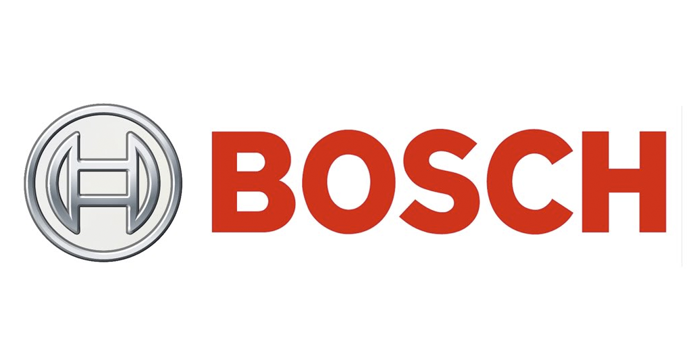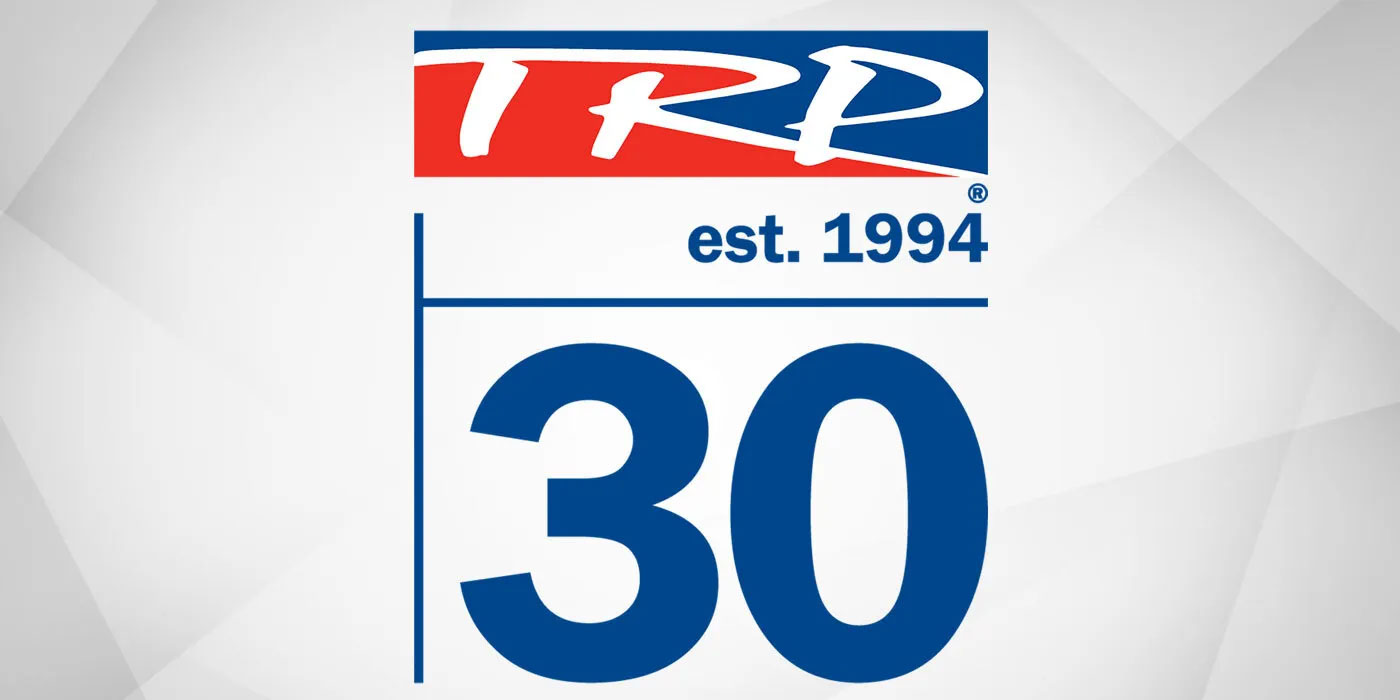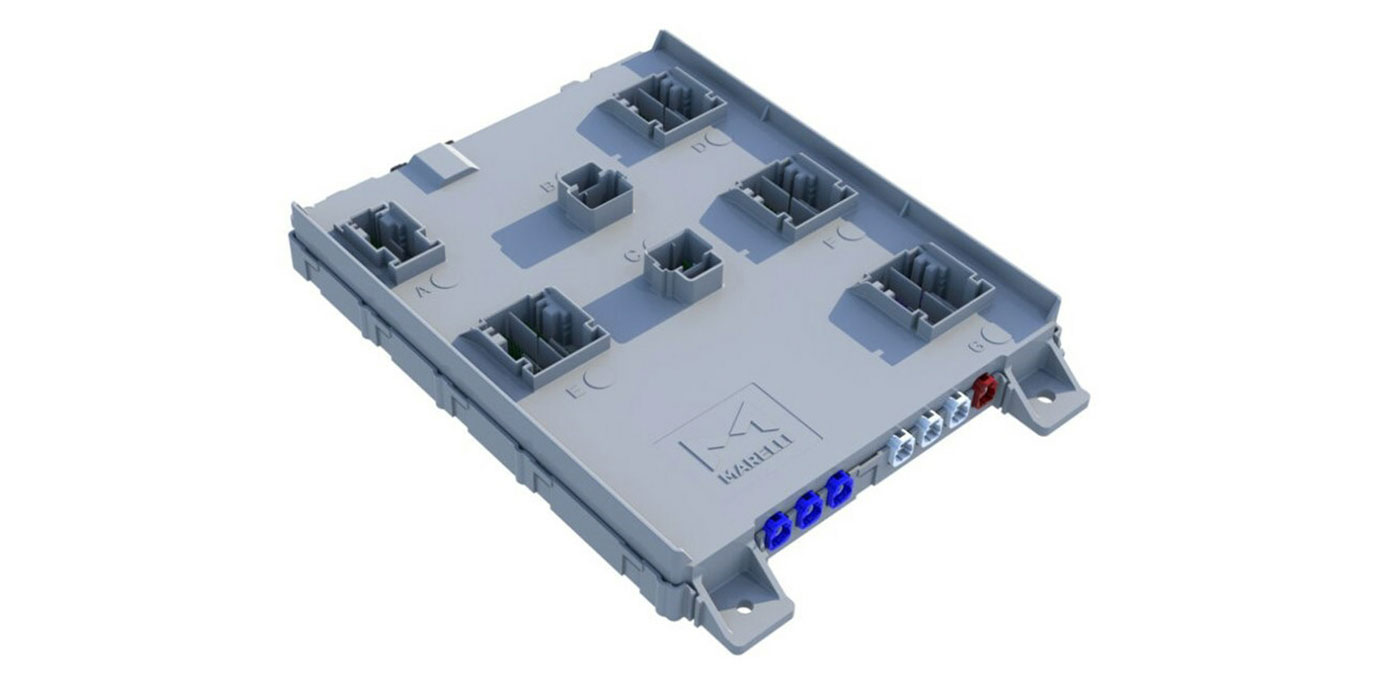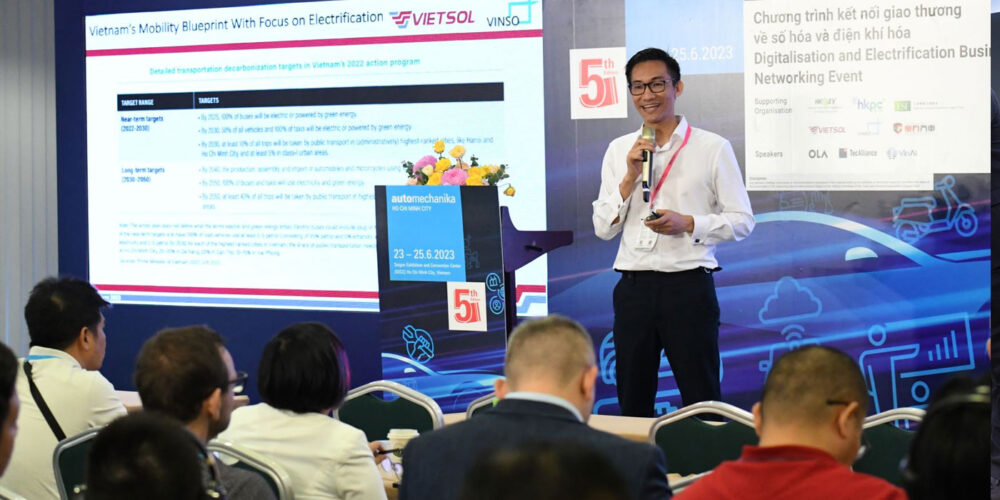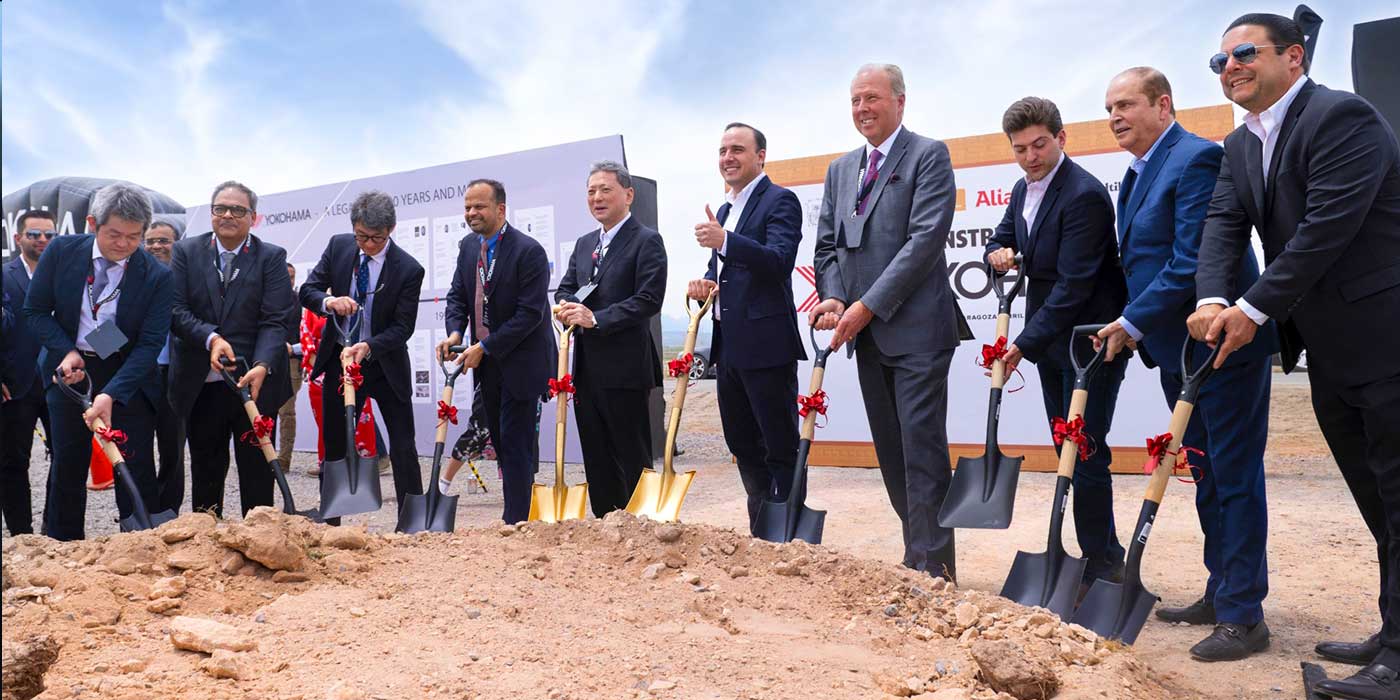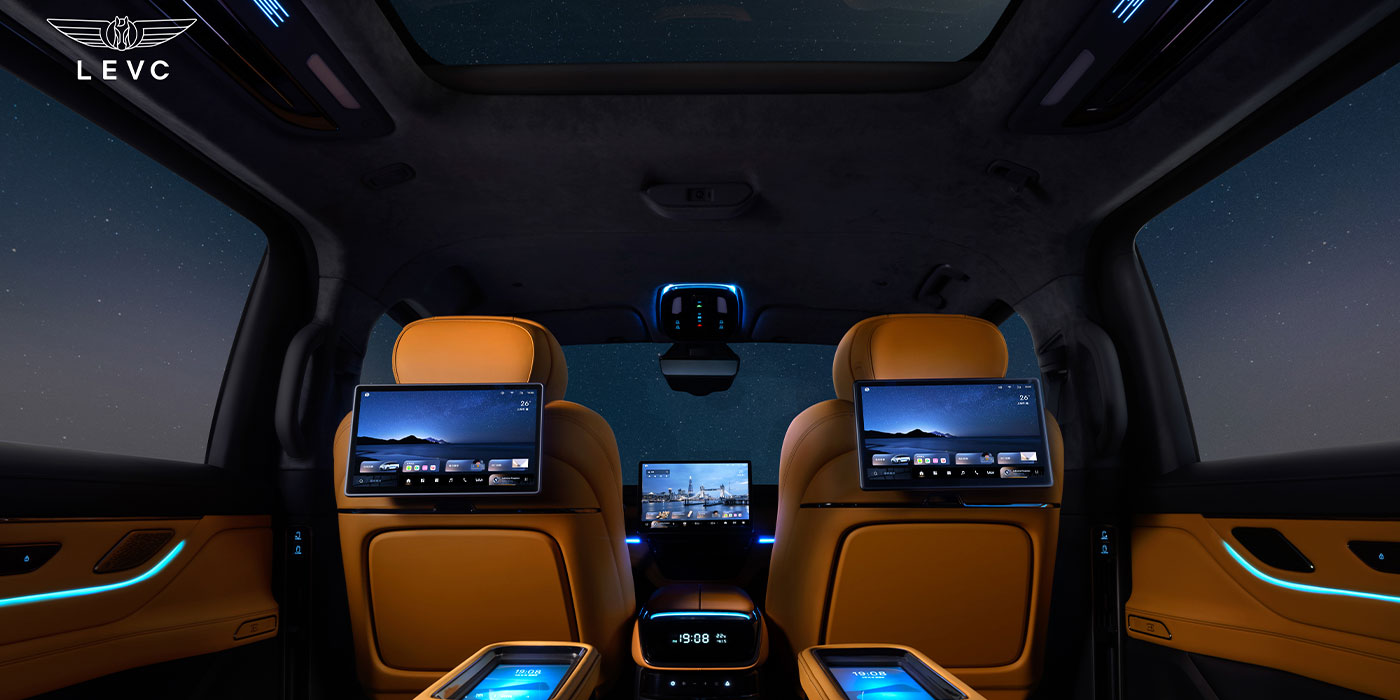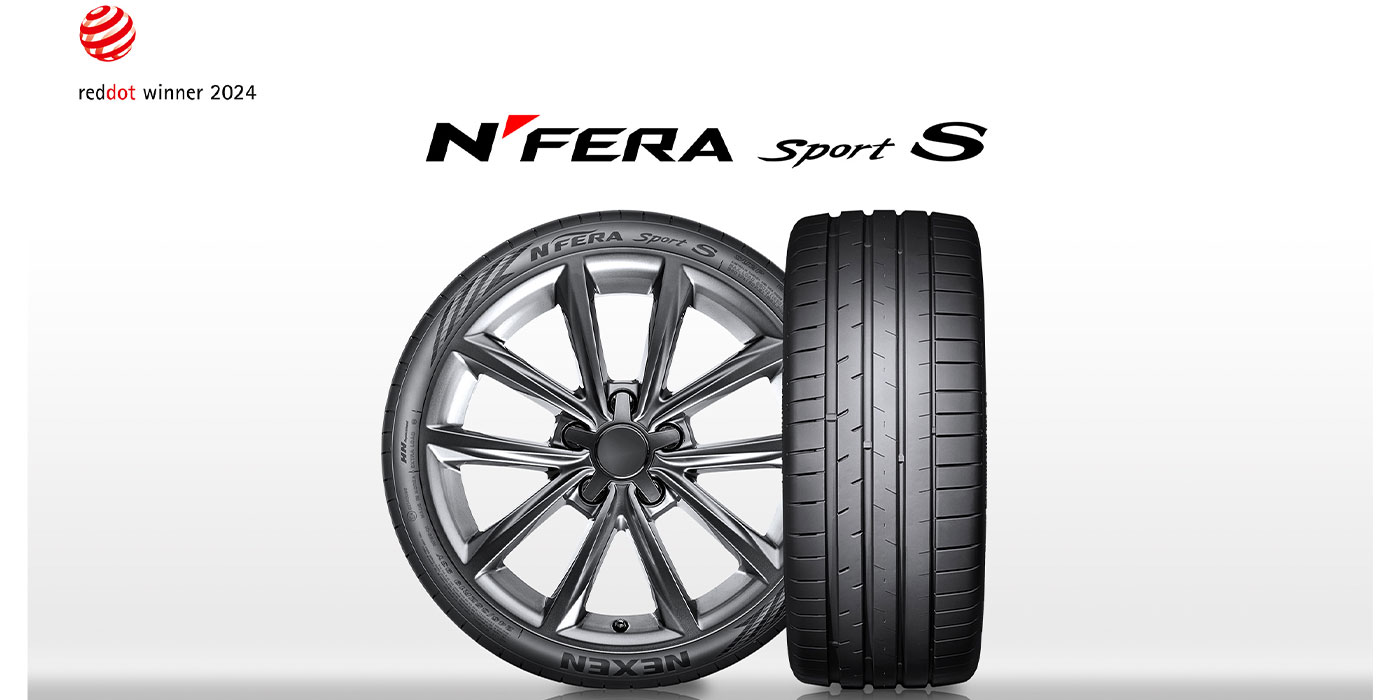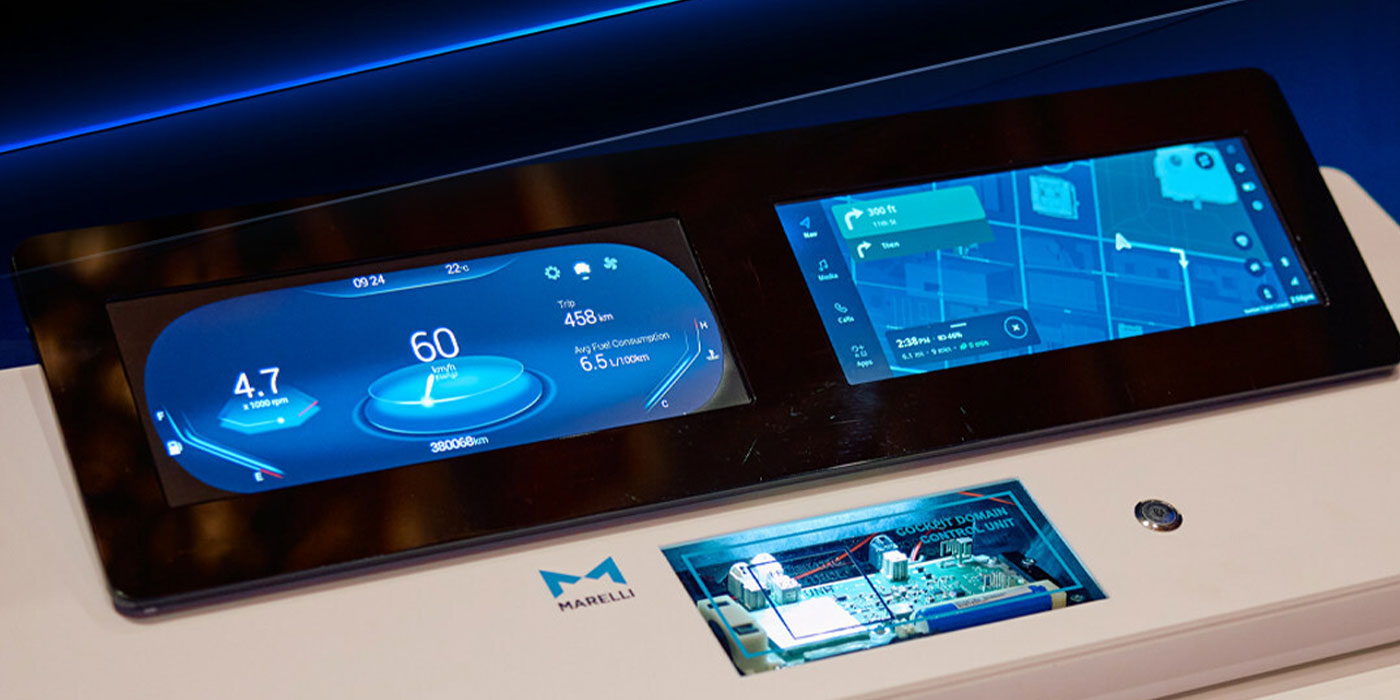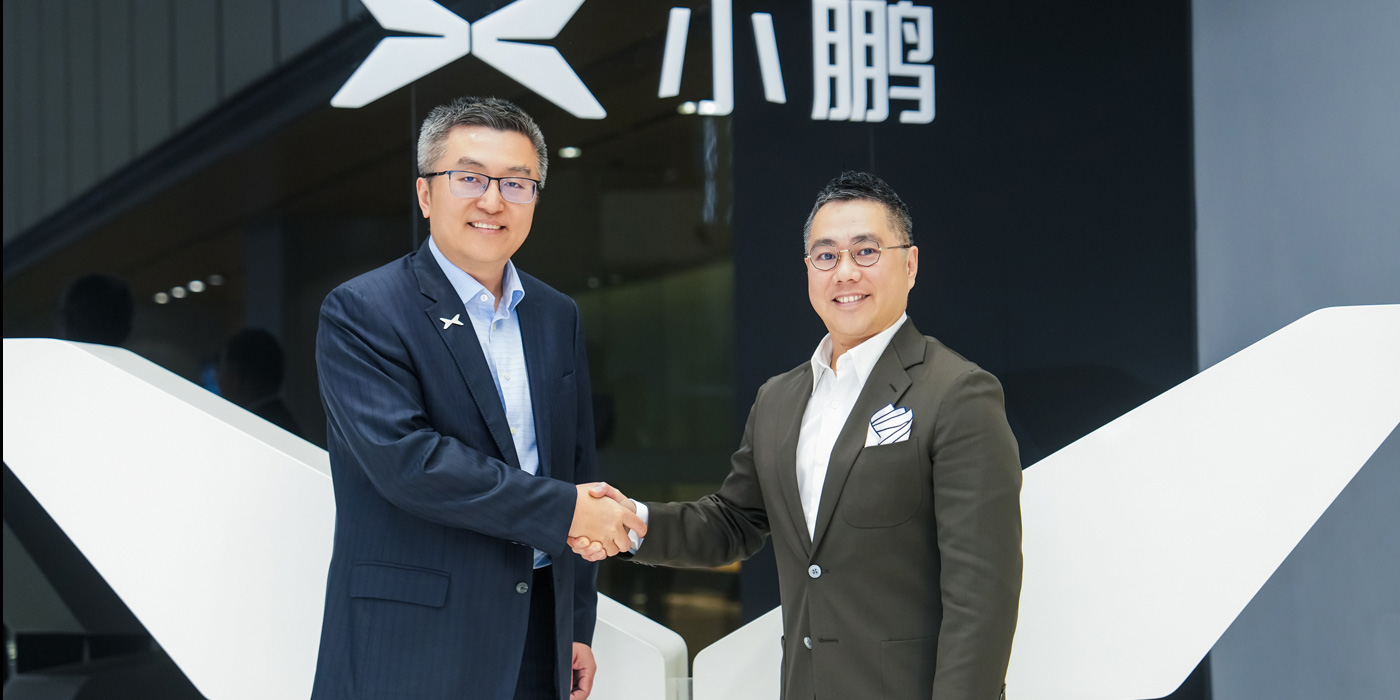 Japan is Bosch’s third engineering location for automated driving, after Germany and the U.S. Bosch board of management member Dr. Dirk Hoheisel noted that, “Driving on the left means that Japan offers valuable insights for development.”
Japan is Bosch’s third engineering location for automated driving, after Germany and the U.S. Bosch board of management member Dr. Dirk Hoheisel noted that, “Driving on the left means that Japan offers valuable insights for development.”
In addition to active testing taking place in Germany and the U.S., Bosch has announced it will begin testing automated driving technology in Japan. Bosch’s initial goal is the development of the highway pilot, which will allow cars to drive autonomously on freeways and freeway-like roads starting in 2020. “Because people there drive on the left, and because of the complex traffic conditions, Japan provides us with valuable insights for development,” said Dr. Dirk Hoheisel, a member of the board of management of Robert Bosch GmbH.
Worldwide, nearly 2,500 Bosch engineers are working to develop driver assistance systems and automated driving. Like the engineers in Germany and the U.S., the team in Japan is already conducting tests with automated test vehicles on public roads. The test drives are being conducted on expressways around the cities of Tohoku and Tomei in the Tochigi and Kanagawa prefectures, as well as on the two Bosch proving grounds in Shiobara and Memanbetsu. The company says there is close collaboration between its teams in Germany, the U.S. and Japan.
With development activities getting under way, Bosch says the new team in Japan is benefiting greatly from the findings of their colleagues in Germany and the U.S., who have been working on automated driving since 2011. Since early 2013, Bosch has been operating test vehicles on the A81 freeway in Germany and Interstate 280 in the U.S. Hoheisel noted that Bosch engineers have now completed more than 10,000 kilometers of test drives without an accident.
The Bosch test vehicles guide themselves through traffic – accelerating, braking and overtaking – as necessary. They also decide for themselves, and depending on the traffic situation, when to activate the turn signal and change lanes. These actions are the result of sensors that provide a detailed picture of the vehicle’s surroundings. In addition, Bosch’s partner TomTom provides highly accurate map data. A computer uses all this information to analyze and predict the behavior of other road users, and on that basis makes decisions about the automated vehicles’ driving strategy.
Legal framework needed for automated driving
If automated driving is to become reality in production vehicles, and not just in prototypes, Bosch believes the legal conditions for this have to be created. This matter is now on the political agenda in the U.S., Japan and Germany. There are signs of impending change in the Vienna Convention on Road Traffic, which Germany has also ratified. On April 23, 2016, amendments to the convention will come into force. The member states will then have to transfer these amendments into national law. They allow automated driving so long as the driver is able to override or disable it. In the sphere of vehicle registration law, an informal working group of the United Nations Economic Commission for Europe has also begun looking at Regulation R.79, which only allows automatic intervention in steering up to a limit of 10 kph. The validation of automated driving functions is another challenge. Using current methods, a highway pilot has to complete several million kilometers’ worth of testing before it can be released for production. Bosch says it is now working on entirely new approaches.
Broad in-house expertise sets Bosch apart
In the development of automated driving, Bosch says it benefits from having all the necessary technologies at its fingertips. These include not just the powertrain, brakes and steering, but also sensors, navigation systems and connectivity solutions inside and outside the car. “Bosch develops everything, from the individual components to the entire system,” said Hoheisel.
For example, Bosch sensors are in great demand. Last year, the company sold more than 50 million surround sensors for driver assistance systems for the first time. The number of radar and video sensors sold doubled in 2014 – and will do so again in 2015. When it comes to the radar sensors used in systems such as ACC adaptive cruise control, Bosch leads the market worldwide. Its 10-millionth radar sensor (77 GHz) is expected to roll off the line in 2016. In 2015, the 50-millionth Servolectric electric power steering system also rolled off the line at Bosch in Schwäbisch Gmünd, Germany.
Increasing automation will cut accidents in Germany by up to one-third
For Bosch, automated driving is about making road traffic safer. The United Nations estimates that 1.25 million people worldwide are killed in road accidents each year. Ninety percent of these accidents are caused by human error. “In critical traffic situations, the right support can save lives,” said Hoheisel. Bosch accident research predicts that increasing automation can lower accident rates even further – by up to a third in Germany alone. And, automated driving makes road traffic not only safer, but also more efficient, according to Bosch’s findings. U.S. studies conclude that applying predictive driving strategies when on the freeway allow fuel savings of up to 39 percent.
Fully automated parking will be ready before fully automated driving
Even before it automates driving, Bosch is automating parking. Bosch’s automatic park assist is already in production. By smartphone remote control, the system autonomously maneuvers cars into parking spaces. “For us, automated parking begins in the vehicle – but it goes much further than that,” said Hoheisel. Bosch active parking management, for instance, makes it easier to find a parking space. Sensors installed in the pavement indicate whether or not a space is occupied. They then pass on this information – to a real-time map that can be accessed on the Internet, for example. This allows drivers to pick out an available space and navigate to it.
In conjunction with Daimler, Bosch is taking this even further. The two companies aim to revolutionize parking. Rather than having customers park and look for their cars, the vehicle drives itself to a free parking space – and then returns on command to the drop-off point. To this end, Bosch is developing the necessary infrastructure for parking structures, including occupancy sensors, cameras and communications technology.

